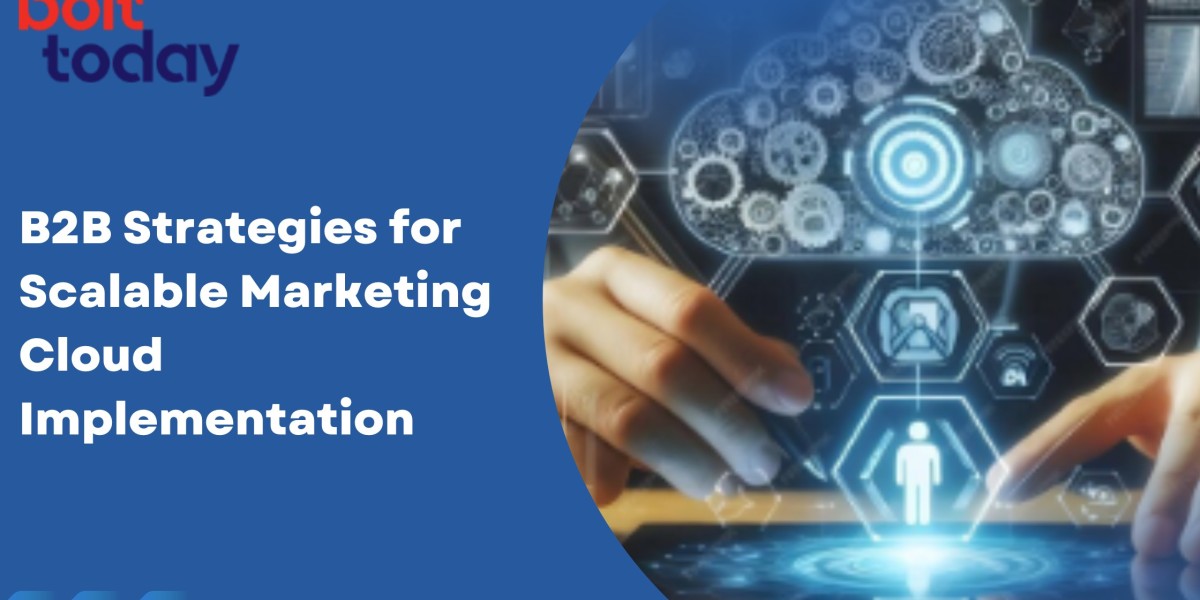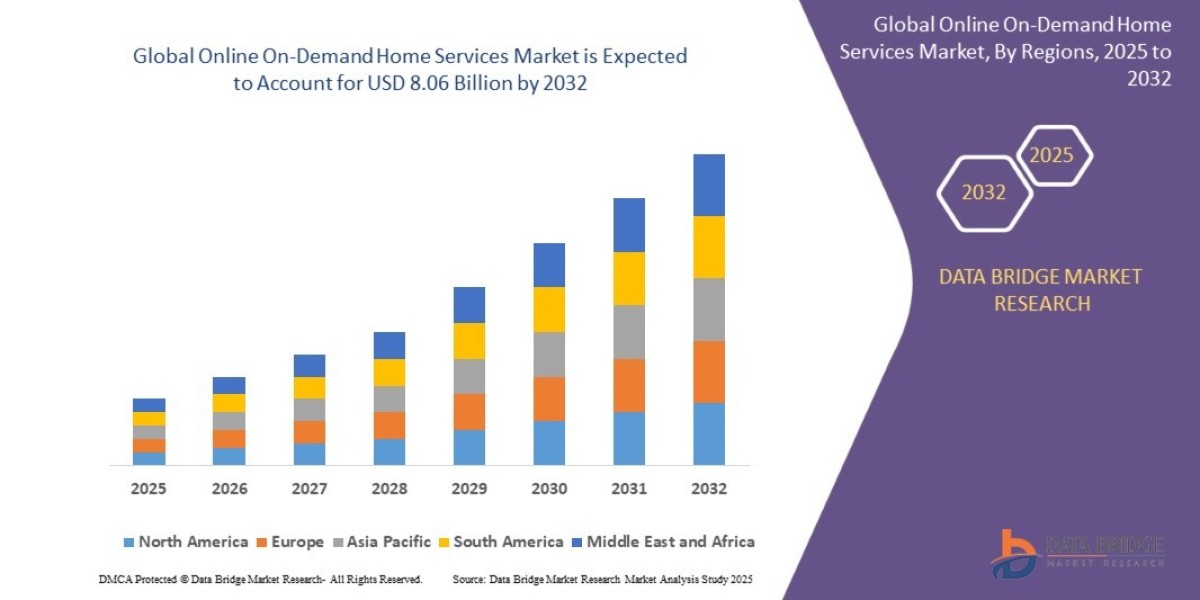B2B companies are quickly embracing digital-first strategies in the modern highly connected business landscape in an attempt to engage clients better. Marketing Cloud implementation is one of the most effective resources in their arsenal, and it allows companies to send scaled personalized and data-driven campaigns. Nevertheless, to effectively operationalize it and make it sustainable in the long term, one would need a clear strategy that would connect to the business objectives, technology, and customer experiences.
Understanding the Power of Marketing Cloud Implementation
Salesforce Marketing Cloud helps B2B marketers consolidate data, customize their communications, and automate marketing campaigns and multiple channels engagement tracking. To achieve actual scalability, however, deployment is not sufficient. They must consider the Salesforce Finance Cloud implementation and Community Cloud solutions in order to create a unified environment that would help them go through all the steps of interacting with the customer: first contact to after-sales care.
Key B2B Strategies for a Scalable Rollout
Start with a Unified Data Strategy
The first step to a successful implementation of a marketing cloud implementation is having clean, unified customer data. In case of B2B organizations this entails, usually, the integration of various systems-CRM, ERP, finance tools into a single centralized perspective. This is where Salesforce Finance Cloud implementation comes in and provides invaluable value because it introduces financial insights that inform improved segmentation and messaging.
Leverage Journey Builder for Personalization at Scale
The sales cycles in B2B take a long time and require the involvement of many stakeholders. Journey Builder enables marketers to create automated workflows that react to user actions so a timely relevant message is delivered during the decision-making process. This personalization raises interest and leads to a higher level of nurturing.
Utilize a Community Cloud Consultant for Ecosystem Integration
B2B success is more than one way of marketing. It is also about designing places where customers, partners, and employees can work together. Using the services of a qualified Community Cloud consultant, businesses are able to create value-added resources and support as well as real-time communication through branded portals and communities. These integrations reinforce customer loyalty and ramp up the service delivery.
Design for Scalability from Day One
Think long-term. Your marketing efforts must only address the current issues but must be a solution to the future increase. Your marketing cloud implementation is flexible so that it grows with your business with easy to modify, modular campaign designs, and API-based integrations, which eliminates expensive rework.
Monitor, Measure and Optimize
Install dashboards and real-time analytics to track the work of the campaigns and customer engagement. Apply these learnings to continually refine content and channels as well as targeting. Using Finance Cloud insights, you can even measure ROI by customer and product.
Conclusion
The implementation of a scalable Marketing Cloud is not merely the deployment of a platform, it is about ensuring that people get aligned with their processes and technologies to create a meaningful customer experience. With the Salesforce Finance Cloud implementation and the professional advice of a Community Cloud consultant, B2B organizations can develop effective and data-driven strategies to power long-term growth and customer success.







